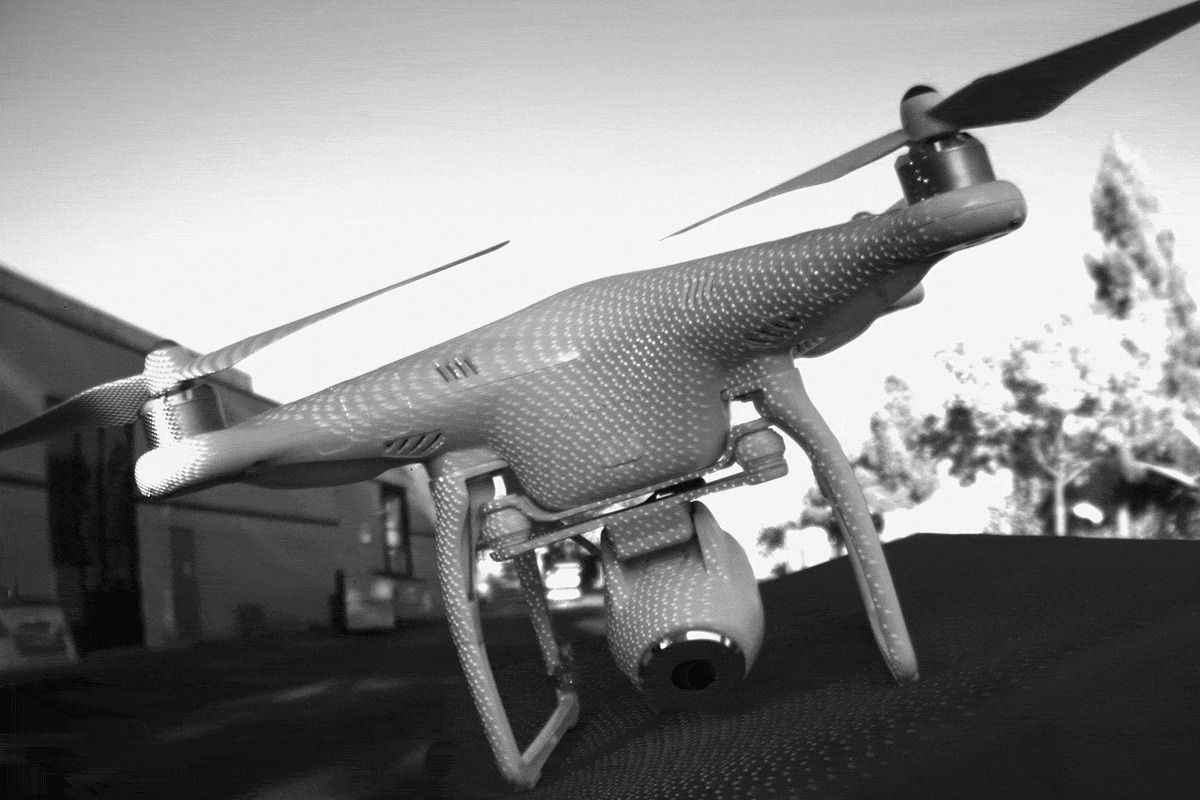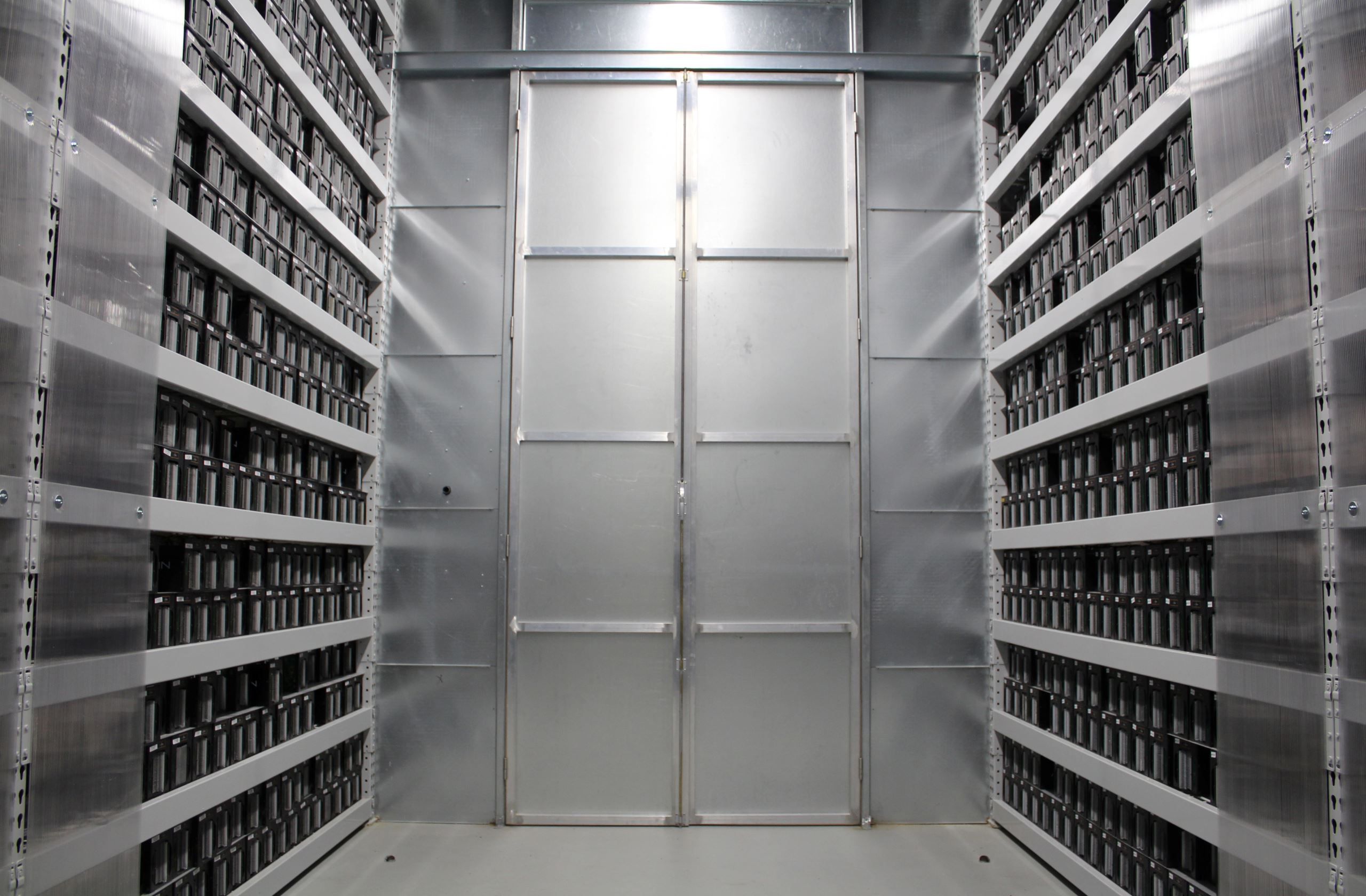Oct 13, 2016
Pentagon Video Warns of “Unavoidable” Dystopian Future for World’s Biggest Cities
Posted by Blair Erickson in categories: media & arts, military, terrorism
Unfortunately I think the Pentagon is right. We are quickly heading into a dystopian future.
“Megacities: Urban Future, the Emerging Complexity,” a video created by the Army and used at the Pentagon’s Joint Special Operations University.
The video is nothing if not an instant dystopian classic: melancholy music, an ominous voiceover, and cascading images of sprawling slums and urban conflict. “Megacities are complex systems where people and structures are compressed together in ways that defy both our understanding of city planning and military doctrine,” says a disembodied voice. “These are the future breeding grounds, incubators, and launching pads for adversaries and hybrid threats.”


















